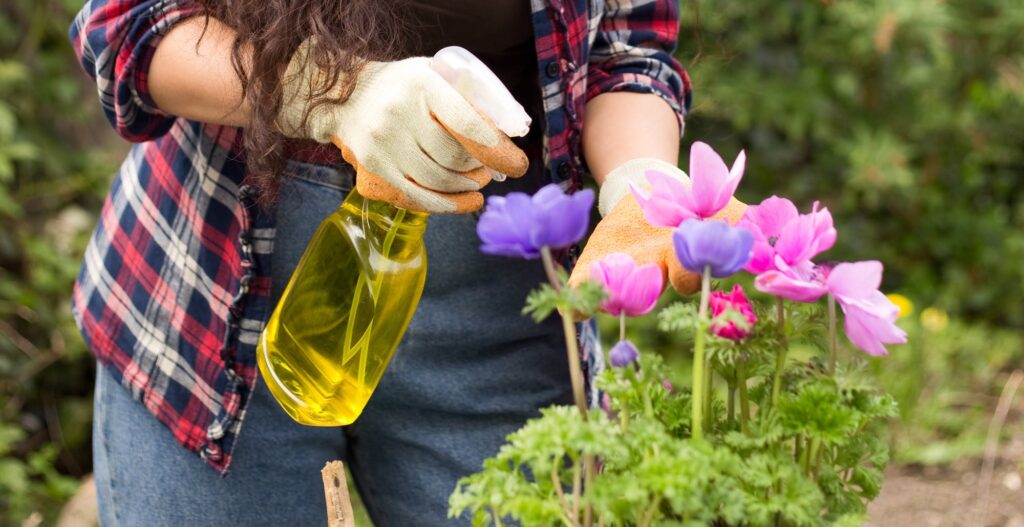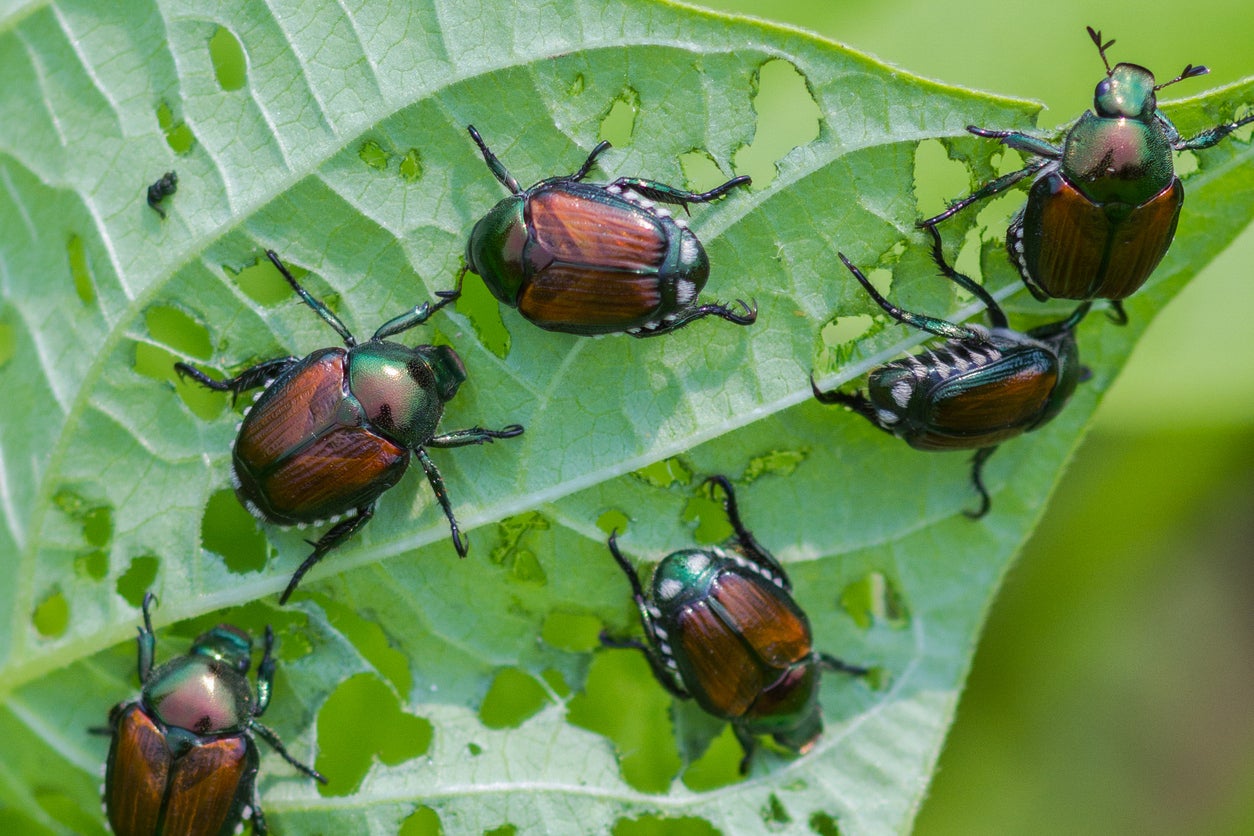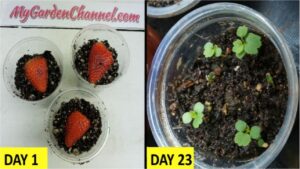How Can You Keep Your Vegetable Garden Safe?
Protecting your vegetable garden is essential to ensure a healthy and bountiful harvest. Here are some measures you can take to protect your vegetable gardens:
- Fencing: Install a sturdy fence around your garden to keep out larger animals such as deer, rabbits, and raccoons. Make sure the fence extends at least a foot underground to prevent burrowing animals from entering.
- Netting: Use netting or mesh to cover your plants, especially if you have problems with birds or insects. This will prevent them from damaging your crops or laying eggs on the plants.
- Companion planting: Interplanting certain flowers and herbs with your vegetables can deter pests. For example, marigolds, nasturtiums, and garlic can repel insects and other pests. Research companion planting combinations that work well for your specific vegetables.
- Row covers: Lightweight fabric covers, often made of spun polyester or floating row covers, can be used to protect young plants from pests and harsh weather conditions while allowing sunlight and water to reach the plants. They are particularly useful for early spring or late fall planting.
- Mulching: Apply a layer of organic mulch around your plants. Mulch helps suppress weeds, retains moisture, and moderates soil temperature. It also acts as a barrier, making it more difficult for pests to reach your plants.
- Regular maintenance: Inspect your plants regularly to identify signs of pests or diseases. Remove any damaged or diseased plants to prevent the spread. Weeds should be removed promptly as they can compete with your vegetables for nutrients and water.
- Crop rotation: Rotate your crops each season to disrupt pest and disease cycles. Avoid planting the same vegetables in the same location year after year, as this can lead to a buildup of pests and diseases in the soil.
- Organic pest control: Use organic and natural pest control methods such as handpicking insects, applying insecticidal soaps or neem oil, or creating homemade remedies like garlic or chili pepper sprays. These methods are safer for the environment and for your health.
- Water management: Water your plants carefully, avoiding excessive moisture that can attract pests and diseases. Use drip irrigation or soaker hoses to provide water directly to the roots and reduce the risk of foliar diseases.
- Encourage beneficial insects: Attract beneficial insects like ladybugs, lacewings, and bees to your garden by planting nectar-rich flowers. These insects can help control harmful pests.

How to Deal With the Garden Theifs
Large and Small Animals
As a gardener, it can be frustrating to see your hard work destroyed by wildlife. Whether it’s deer, rabbits, or even squirrels, these animals can quickly decimate your vegetable garden. Fortunately, there are several ways to keep them out and protect your plants.
1. Build a Fence
One of the most effective ways to keep animals out of your vegetable garden is to build a fence. A sturdy fence can prevent larger animals like deer from entering your garden, while also keeping smaller animals like rabbits and squirrels out. When building a fence, make sure it is tall enough to keep out the animals in your area. You can also bury the fence a few inches into the ground to prevent animals from digging under it.
2. Use Nets and Row Covers
Another option is to use physical barriers like netting and row covers. These can be draped over your plants to keep animals from accessing them. Netting can be particularly effective at keeping birds and squirrels out, while row covers can protect against insects as well as animals. Just be sure to remove the covers as soon as your plants begin to flower, so they can be pollinated.
3. Motion-activated Sprinklers
Placing deterrents in and around your garden can also help keep animals away. Motion-activated sprinklers can startle animals and make them think twice about entering your garden. You can also use natural deterrents like predator urine or garlic and pepper spray to keep animals away.
4. Scents They Don’t Like
Finally, consider planting plants that animals don’t like. This can include plants with strong scents like lavender and marigolds, as well as plants with prickly leaves like artichokes and thistles. By planting these throughout your garden, you can make it less appealing for animals to enter.
Birds
Keeping birds out of your vegetable garden can be a challenging task. Birds are attracted to the fruits and vegetables in your garden and can cause significant damage. However, there are several effective methods that you can use to keep birds away from your garden.
1 .Bird Netting
One of the easiest ways to keep birds out of your garden is by using bird netting. Bird netting is a lightweight and flexible mesh material that you can drape over your garden. The netting is designed to keep birds out, while still allowing sunlight and water to reach your plants. You can purchase bird netting at your local garden center or online.
2. Scare Tactics
Another effective method of keeping birds out of your garden is by using scare tactics. You can use visual or auditory scare devices to frighten birds away from your garden. One common scare device is a scarecrow. A scarecrow is a human-like figure made of straw or other materials that you can place in your garden. The idea is that birds will think that there is a human presence in your garden and will avoid it. You can also purchase visual scare devices like reflective tape or shiny objects that will reflect sunlight and scare birds away.
3. Planting Their Dislikes
You can also plant certain types of vegetables that birds do not like. For example, birds do not like the smell of herbs like rosemary, thyme, and sage. Planting these herbs around the perimeter of your garden can help keep birds away. You can also plant vegetables like hot peppers or bitter-tasting greens that birds do not like to eat.
4. Use Birds Feeders
Finally, you can use bird feeders to attract birds away from your garden. By providing birds with an alternative food source, you can reduce their interest in your garden. Place bird feeders far away from your garden to ensure that birds do not mistake your garden for a food source.
Pests
Growing your own vegetables is one of the best ways to ensure that you are eating fresh, healthy produce. However, no matter how much love and care you put into your garden, pests can wreak havoc on your crops. Here are some simple steps you can take to keep pests out of your vegetable garden.
1. Choose pest-resistant plants
When planning your vegetable garden, choose plants that are known to be resistant to pests. For example, marigolds are known to repel many common garden pests, while garlic can deter aphids and other insects.
2. Use row covers
Row covers are a lightweight fabric that is placed over your plants to protect them from pests. They are especially useful for keeping out flying insects like moths and butterflies, which can lay their eggs on your plants.
3. Rotate your crops
Pests can build up in the soil over time, so it’s important to rotate your crops each year. This means planting different types of vegetables in different areas of your garden each year, rather than planting the same crops in the same spot every year.
4. Use traps
Traps are a simple and effective way to catch pests before they can do damage to your plants. There are many types of traps available, including sticky traps for flying insects and pheromone traps for moths and other insects.
5. Practice good garden hygiene
Keeping your garden clean and tidy can go a long way in preventing pests. Remove any fallen leaves or debris that could harbor pests, and make sure to keep your garden free of weeds, which can attract insects.


